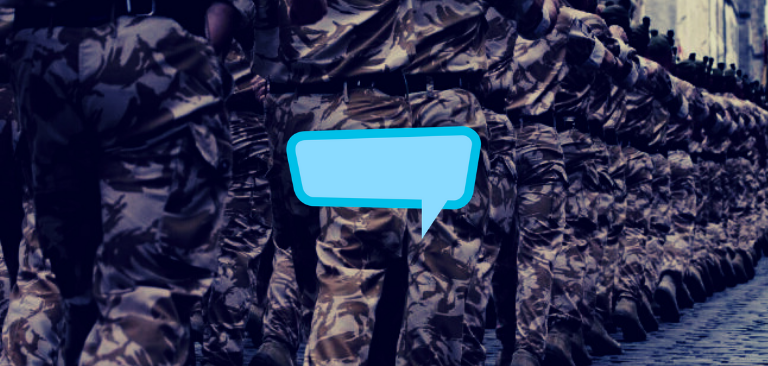The British Army has been tasked with waging its newest “war”; this time it’s against those British citizens who are skeptical of the rushed-to-market coronavirus vaccine, that was on Wednesday given the green light by the country’s health regulators.
The “information warfare” unit that will now go after people described as “antivaxxer militants” – which appears to be a term used for vaccine skeptics as well as lockdown protesters – in the past dealt with al-Qaeda and the Taliban in places like Afghanistan.
Although reports describe it as “secretive” there seems to be a lot of information out there about the unit: it started operating in 2010 within the 77th Brigade and works closely with military psychological operations teams. It is also known that the brigade itself is about to call up both serving and reserve soldiers to reinforce its current activities.
The way the unit’s involvement is presented, based on what’s referred to as “leaked documents,” is that its role in the continuing coronavirus commotion is basically that of a protector of British citizens who are being influenced by bad actors. The implication is that those refusing to be vaccinated against Covid, or to wear masks, as well as those protesting against lockdowns in London have little mind of their own and have fallen victim to online propaganda, from places like Russia.
That certainly sounds better than saying you’re mobilizing the military to launch online psyops campaigns against your own citizens – and the Defense Ministry, referring to “the defense cultural support unit” (it would appear it’s the same thing the Sunday Times calls “army spies”) said 77th Brigade’s activities and capabilities have not, and will not be directed against British citizens.
Meanwhile, if it’s true that coronavirus and vaccine skeptics are simply under outside influence, then the British Army and the GCHQ, also involved in the “counter-disinformation efforts led by the Cabinet,” have their work cut out for them: recent reports said that over a third of UK respondents said they were uncertain about receiving the vaccine, or are very unlikely to do so.
But a British government spokesman said they will also work “closely” with social media companies to counter “anti-vax narratives” while promoting “authoritative sources of information.”













